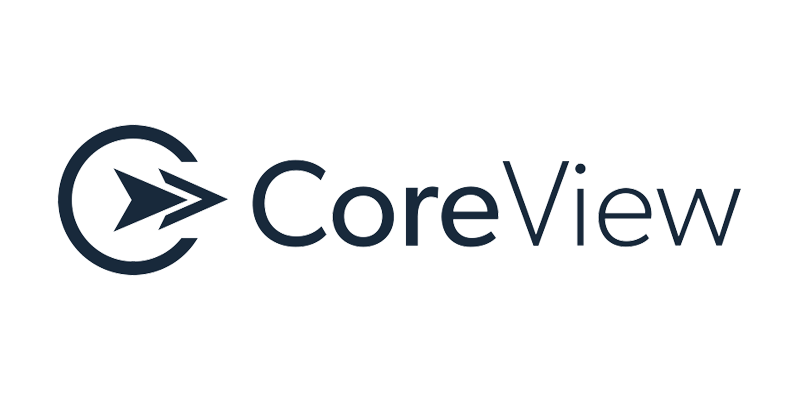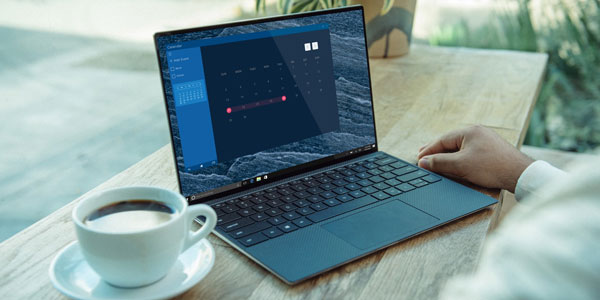The COVID-19 era has ushered in a global organisational transition to remote working policies and highlighted the need to bolster protection against cyber-attacks and inadvertent data misuse at the hands of employees.
Top cybersecurity leaders outline key areas to facilitate successful remote workforce environments in this latest article by HelpNetSecurity, including HelpSystems CEO Kate Bolseth, who discusses the value of data classification in protecting vulnerable corporate assets.
“One thing must be clear” Kate Bolseth writes: “your entire management team needs to assist in establishing the right infrastructure in order to facilitate a successful remote workforce environment.
Before looking at any solutions, answer the following questions:
- How are my employees accessing data?
- How are they working?
- How can we minimize the risk of data breaches or inadvertent exposure of sensitive data?
- How do we discern what data is sensitive and needs to be protected?
The answers will inform organizational planning and facilitate employee engagement while removing potential security roadblocks that might thwart workforce productivity. These guidelines must be as fluid as the extraordinary circumstances we are facing without creating unforeseen exposure to risk.
When examining solutions, any option worth considering must be able to identify and classify sensitive personal data and critical corporate information assets. The deployment of enterprise-grade security is essential to protecting the virtual workforce from security breaches via personal computers as well as at-home Wi-Fi networks and routers.
Ultimately, it’s the flow of email that remains the biggest vulnerability for most organizations, so make sure your solution examines emails and files at the point of creation to identify personal data and apply proper protection while providing the link to broader data classification”.






